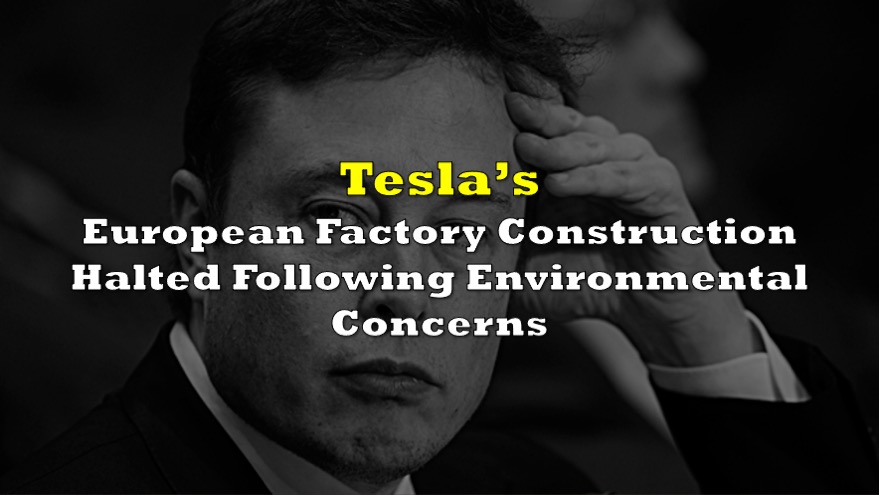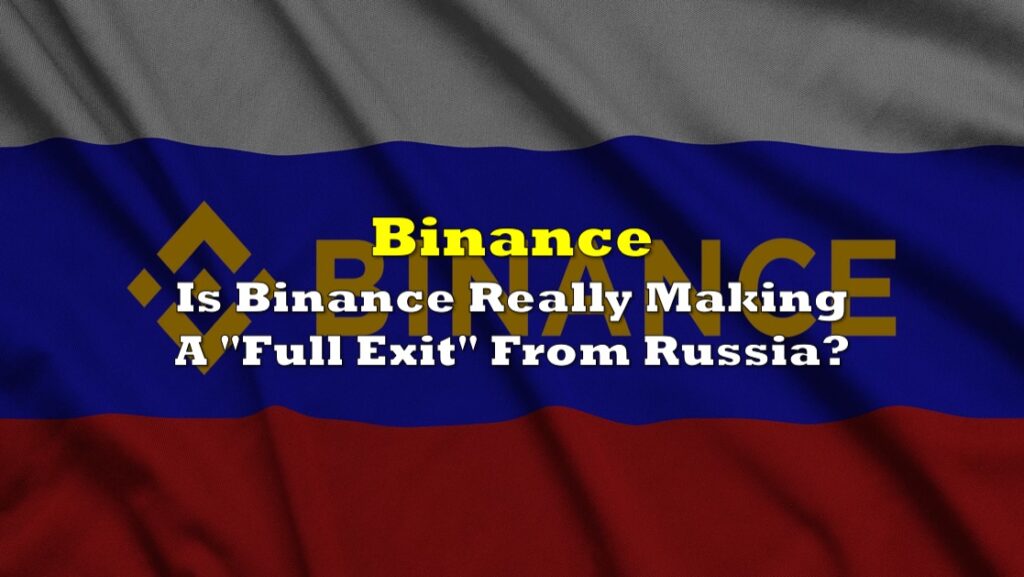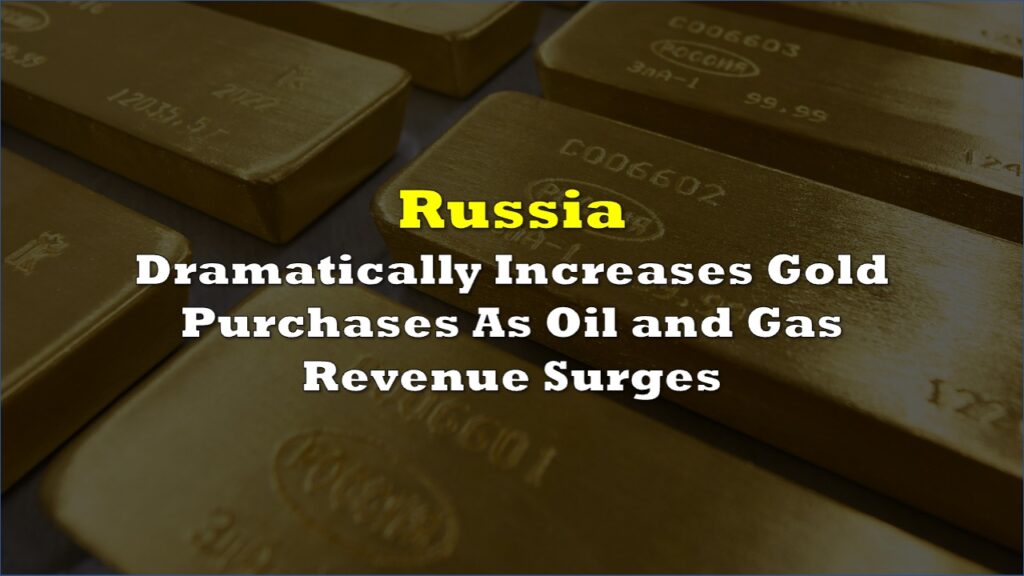A major political scandal is brewing in Germany as new documents reveal the complicity of senior politicians in Russian strategic energy schemes during the Merkel administration, allegedly to the detriment of Ukraine.
Investigative journalists from the Süddeutsche Zeitung and other outlets have uncovered evidence suggesting that high-ranking officials knowingly advanced the Nord Stream 2 pipeline project despite widespread opposition and potential geopolitical risks.
Major political scandal brewing in Germany: investigative journalists have found documents apparently showing the complicity of senior politicians in Russian strategic energy schemes, knowingly acting to the detriment of Ukraine, during the Merkel administration. https://t.co/DRhHP6NQYa
— Jochen Kleїnschmїdt 🇺🇦 (@JKleinschmidtIR) May 31, 2024
Bundestag member Sebastian Schäfer echoed these concerns, pointing out the extensive efforts by coalition governments, particularly the ministries of economic affairs, to cement Germany’s energy dependency on Russia.
“Grand coalitions, ministers of economic affairs from CDU/CSU and SPD, have done a lot to cement our energy dependency on Russia. The interests of Ukraine were completely secondary. There is still much to be worked out,” Schäfer stated.
The Nord Stream 2
The controversy centers on the Nord Stream 2 pipeline, intended to double the flow of gas from Russia to Germany. Despite Russia’s annexation of Crimea in 2014 and its aggressive posture towards Ukraine, the Merkel administration pushed forward with the project. Documents from the Federal Ministry for Economic Affairs and Energy, including memos to former ministers like Sigmar Gabriel (SPD) and briefing notes for former Chancellor Angela Merkel (CDU), reveal a persistent effort to advance the pipeline, often disregarding resistance from Eastern Europe, Brussels, and Washington.
One particularly telling document from June 2014, shortly after the Crimea annexation, advised that Germany would remain dependent on Russian gas for the foreseeable future. Despite recognizing the geopolitical risks, the document concluded that a complete cessation of Russian gas imports was unfeasible for “years and decades.”
The documents expose how the Merkel administration and the Nord Stream consortium collaborated closely to overcome opposition. Regular meetings between government officials and pipeline managers were documented, including a significant meeting on July 6, 2016, to discuss the project’s progress.
In November 2015, high-ranking officials from various ministries, including the Chancellery and the Ministry of Economic Affairs, developed a defensive strategy against accusations that Germany was undermining European solidarity and Ukraine by advancing Nord Stream 2. The official line was that Nord Stream 2 was a “private sector project,” a claim now thoroughly debunked by the released documents.
The released documents also detail extensive lobbying efforts by the German government to mitigate international backlash. Former German Ambassador to the U.S., Peter Wittig, defended the pipeline in Washington, arguing against its portrayal as a politically motivated German-Russian project. Despite significant opposition from the U.S. and European allies, the German government remained steadfast in its support for Nord Stream 2.
The administration of U.S. President Donald Trump imposed sanctions on entities involved in the pipeline, a move intended to halt its progress. However, the project continued, bolstered by a climate and environmental foundation in Mecklenburg-Vorpommern aimed at circumventing U.S. sanctions.
In January 2021, Joe Biden took office in the White House. On both sides of the Atlantic, the desire for a compromise grew. “Our interest: ‘calm the waves/de-escalation,'” stated a document prepared for Minister of Economic Affairs Peter Altmaier. He was the successor of Sigmar Gabriel, and unlike Gabriel, a CDU member. However, whether SPD or CDU politicians led the ministry, as long as grand coalitions under Angela Merkel governed, the stance on Nord Stream 2 remained unchanged.
It was Biden who made a move, according to the report. In May 2021, the German embassy in Washington reported: “The administration is accommodating Germany and accepting confrontation with Congress.” The sanctions were eased, and Nord Stream 2 AG avoided punishment. The German embassy commented on this as a “significant concession” and a “preliminary gesture” from Biden. He sought reconciliation with German friends, even though he remained critical of the pipeline.
The Nord Stream 2 pipeline, a 1,230-kilometer-long project from Russia to Germany, was completed in 2021 but never became operational due to regulatory and geopolitical hurdles. Following Russia’s invasion of Ukraine in February 2022, the EU imposed significant sanctions on Russia’s energy sector, leading to reduced energy supplies from Moscow to Europe and delaying the pipeline’s operational status further.
The pipeline was also damaged by explosions in September 2022, which have since been classified as acts of sabotage, complicating the future of the project even more.
The scandal has prompted calls for a thorough investigation into the decision-making processes behind Nord Stream 2 and the broader implications for Germany’s foreign and energy policies.
Information for this briefing was found via Süddeutsche Zeitung and the sources mentioned. The author has no securities or affiliations related to this organization. Not a recommendation to buy or sell. Always do additional research and consult a professional before purchasing a security. The author holds no licenses.









